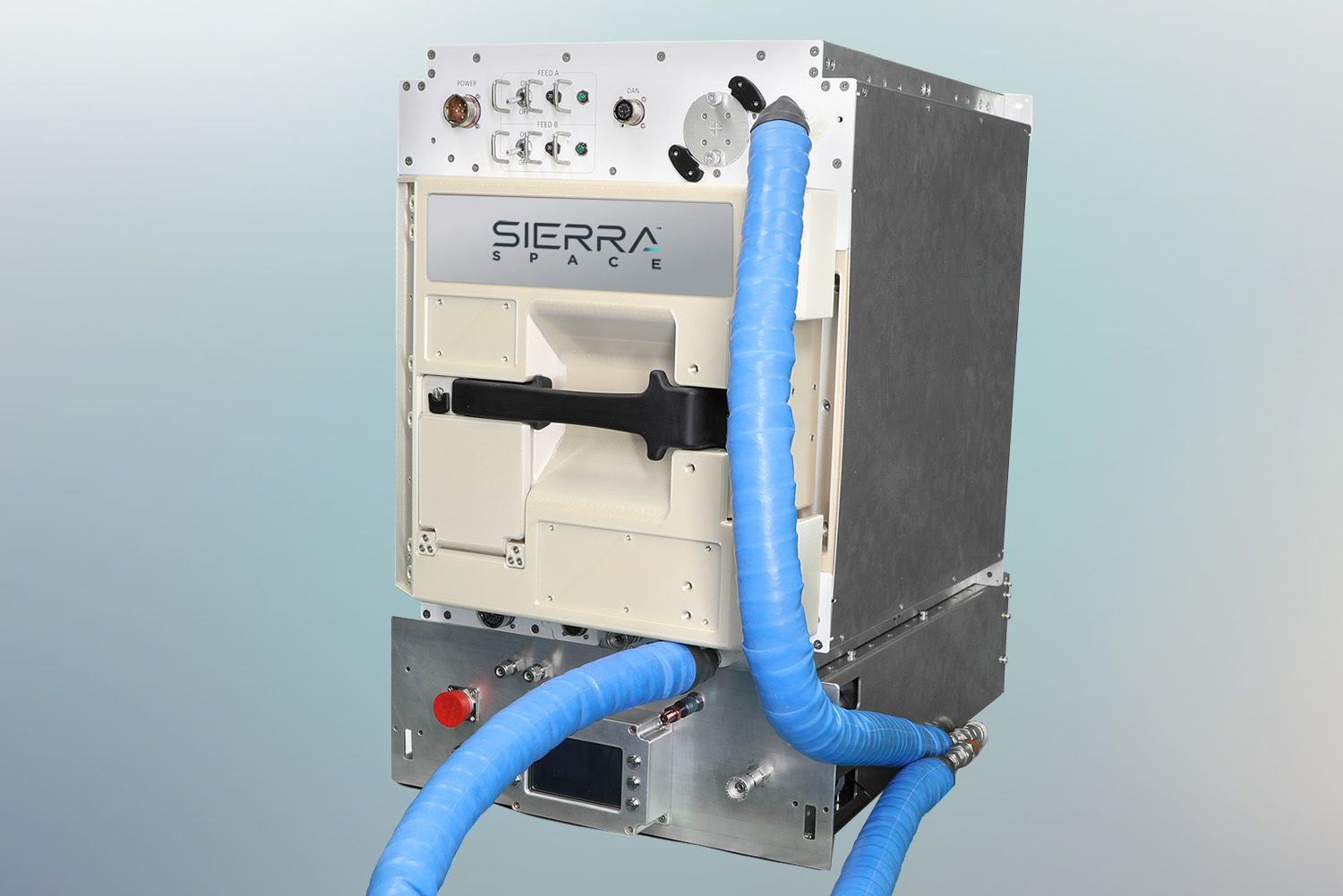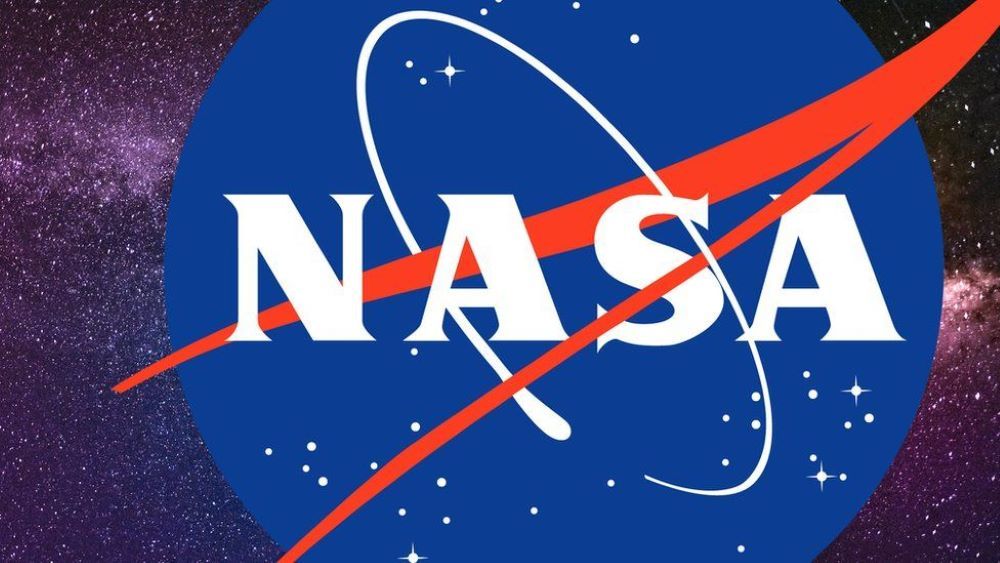CU-built hardware hitching ride to space station
BOULDER — Hardware designed and built at the University of Colorado Boulder is headed to the International Space Station and will be used in four bioscience experiments that could lead to advances in medical care.
Developed by BioServe Space Technologies in CU-Boulder’s Department of Aerospace Engineering Sciences, the hardware is aboard the commercial SpaceX Dragon capsule that was launched Friday from Cape Canaveral, Fla.
BioServe hardware includes several shoebox-sized devices known as “plate habitats” to support a range of life-science experiments. Each habitat is used to culture biological organisms, according to BioServe’s director Louis Stodieck.
SPONSORED CONTENT
One experiment is designed to better understand cell biology by charting the behavior of yeast cell cultures in microgravity. Since multicellular yeast colonies are similar to mammalian cell tumors, researchers hope to identify biological factors that may contribute to the health and disease of humans in space and on Earth, Stodieck said.
A second experiment is designed to help researchers better understand the mechanisms of molecular transport across tiny membrane channels, with implications for future human implants that could release drugs to treat various diseases, he said.
The third experiment will involve culturing fungi, which could lead to the production of new pharmaceuticals.
The fourth experiment will look at developing treatments for bone and muscle loss by both space travelers and people on Earth, Stodieck said. The experiment could help lead to new treatments of muscle and bone diseases in humans like muscular dystrophy, osteoporosis and cancer cachexia, a syndrome of progressive weight loss in cancer victims due to loss of skeletal muscle and body fat.
The experiments were created by researchers at University of Southern California, the Durham VA Medical Hospital in Durham, North Carolina, Lilly Research Laboratories in Indianapolis, Indiana and the Houston Methodist Research Institute in Texas.
Since its inception in 1987, BioServe has partnered with more than 100 companies and performed dozens of NASA-sponsored investigations, Stodieck said.
“We believe these experiments in the microgravity of space are extremely valuable for both research and education,” Stodieck said. “By conducting experiments in microgravity, scientists can learn more about biochemical changes in cells and organisms that the force of gravity on Earth may be masking.”
BioServe researchers and students have flown hardware and experiments on more than 50 missions aboard NASA space shuttles, the ISS and on Russian and Japanese government cargo rockets.
CU-built hardware hitching ride to space station




